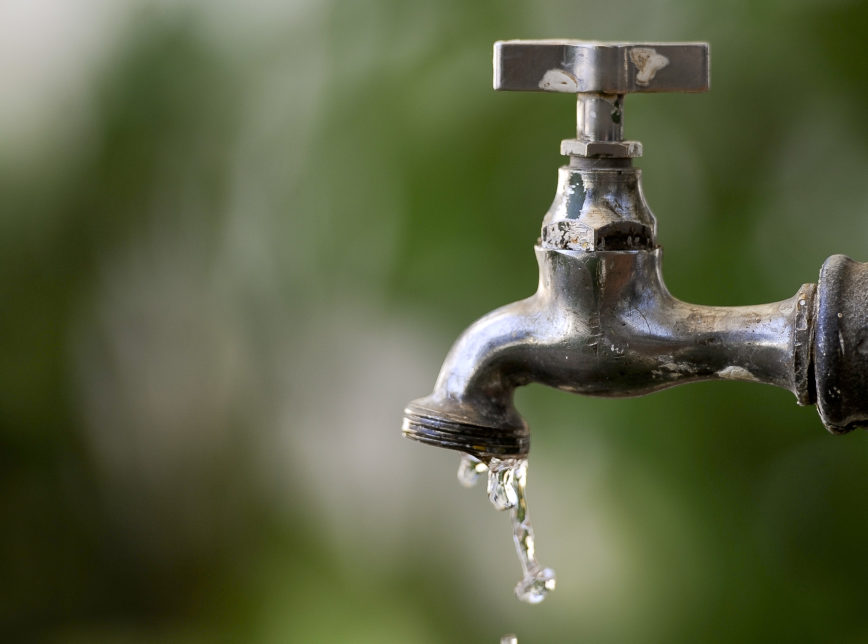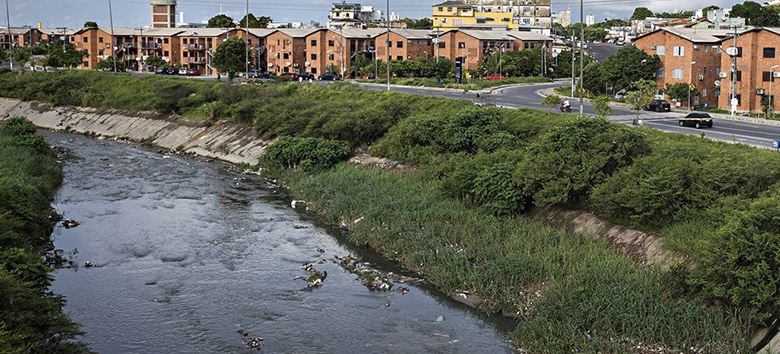
Discussing Brazilian sanitation is nothing new. This is an urgent issue that needs to be treated as a priority, due to its impact on the health, well-being, education and employment of several families who are in irregular territories without access to their basic rights. To give you an idea, according to data from the National Sanitation Information System (SNIS), from 2018, approximately 100 million Brazilians did not have access to sewage collection services and around 35 million, almost the population of Canada, They did not have access to treated water.
But what actually changes with the approval of Bill 4,162/2019, which updates the basic sanitation framework in Brazil? The answer to this question has divided opinions, in addition to being much discussed, since one of the points will be the possibility of privatizing the basic sanitation service in Brazil, with this state and private companies will be able to compete with each other in the concession of the sanitation service. . I come back with some more questions for reflection: should this new possibility generate interest among private companies to participate in new tenders? When will this development be and how will it be monitored? Is there any expected responsibility or regulatory process that guarantees quality to the consumer/taxpayer?”
To think a little about these answers, it is important to highlight that the Ministry of Economy itself believes that with this new project, “Sanitation contracts must define universalization goals that guarantee the service of, respectively, 99% and 90% of the population with drinking water and sewage collection and treatment until December 31, 2033”, including other responsibilities, such as reducing losses and improving water processes. The approval of the law generated expectations for the market, with potential changes for the sector, becoming a focus of investment and, therefore, gaining visibility for the area that is currently little explored.

Image: Basic Sanitation Portal
For States and Municipalities with little financial attractiveness, the regulatory framework provides for the provision of the service on a collective basis to enable expanded service. In relation to the low-income population, there is the possibility of a subsidy that will cover the tariff costs of the supply service and the house sewage system.
On the other hand, all this movement also brought some concern to other audiences, due to the privatization of the service. As this Law should impact the neediest population, which is concentrated in rural areas and peripheral regions, it is unlikely to attract the attention of companies, as many of these locations are occupied irregularly, without any infrastructure to receive the service.
The clandestine depletion of domestic effluents in water sources, for example, occurs mainly in places where there is no correct collection and treatment of sewage. All of this contributes to the increase in the rate of contamination in water bodies due to the environmental impact generated and to the number of sick people due to the lack of basic sanitation, as a result of illnesses resulting from an unprecedentedly violated right.
There is still a lot to discuss regarding the processes and responsibilities that should be implemented in the coming years. It is our duty to continue monitoring and demanding from the authorities so that this Law actually becomes a mechanism that guarantees equality and equity for the populations of Brazil.
Share